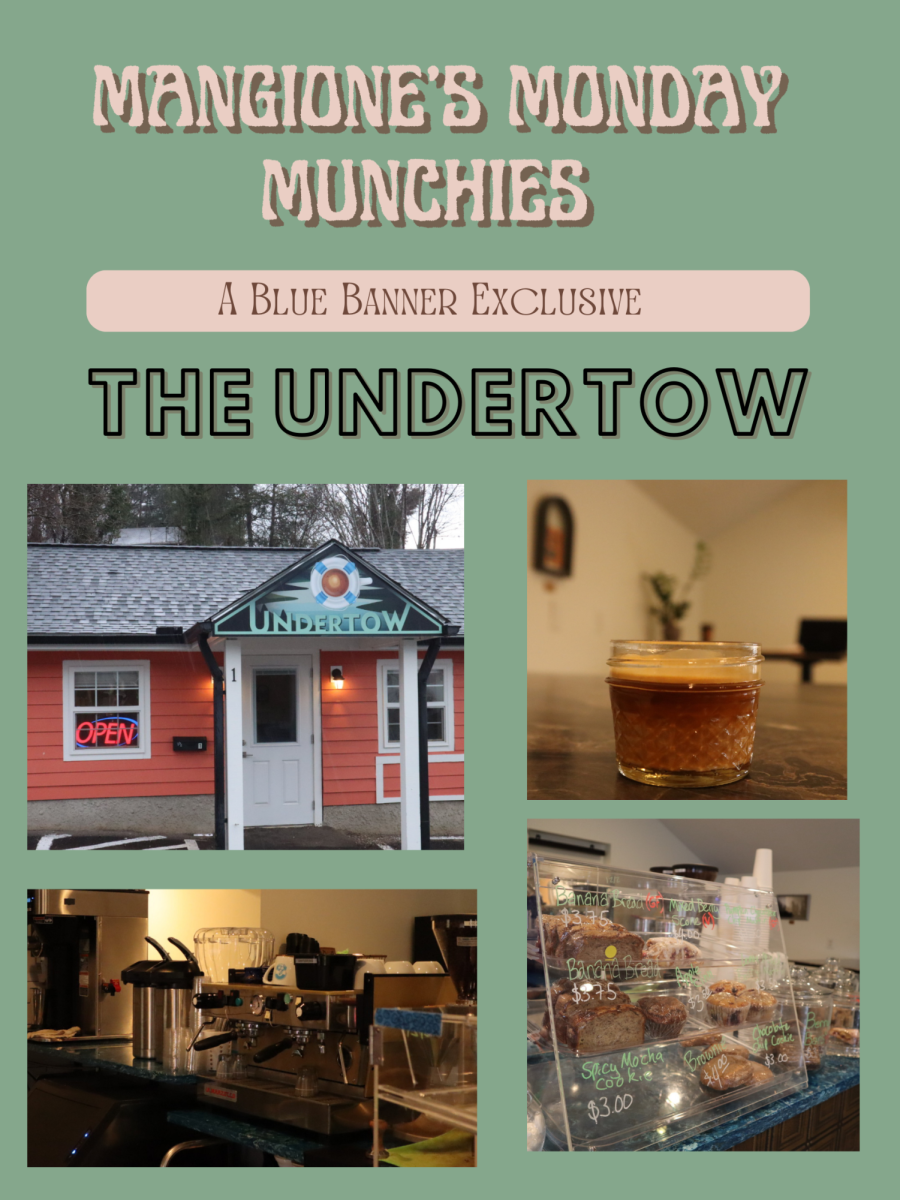Amalie Davidsen
Opinion Writer
[email protected]
I clearly remember taking a bite of my first American kebab while observing the other guests eating.
I was sitting in a small Lebanese restaurant on Patton Avenue, in the surroundings of a SAV-MOR and a 99 cent store. I remember driving by it every day for almost three years, but I never paid it special attention.
Some of the guests were tall and skinny, some were small, some had blonde hair and a few had dark hair. What they all shared was the color of their skin; they were all white, laughing while eating their Middle Eastern food.
The white walls were decorated with pictures and candles, and Arabic music was playing quietly in the background while the aroma of several spices filled my nose.
A tall, dark Arabic man was walking around making small talk with the guests and his wife brought out the food while smiling at the guests.
In Denmark, according to, “The average Dane — Statistics Denmark,” 5 percent of the population are Muslim, either immigrated to Denmark, children of immigrant parents or converts. In some areas of Copenhagen, the publication “Ministeriet for by, bolig og landdistrikter” reports 80 percent of the residents are Muslim, and the streets are packed with Arabic restaurants and beauty shops hidden behind the walls of Danish areas. Therefore, I was used to seeing Arabic people everyday.
However, the old generation of Danish “country people” generally hold prejudices against Arabic people. After all, ignorance toward minorities and racism exists all over the world.
My grandmother grew up in the middle of nowhere on a Danish farm. When she was 16 she moved to Copenhagen before finishing middle school.
She worked as a stay at home mom and proudly raised four sons in the notorious “Vestegnen,” the outskirts of Copenhagen. Later, she moved to “Nørrebro,” which is the part of Copenhagen with the most people of Middle Eastern descent, but she never interacted or became friends with a non-Danish person. She simply refused to accept the multicultural aspect of the city despite living in the middle of it.
Also, my other grandmother, living in Hellerup, the least Muslim-populated area of Copenhagen, occasionally enjoyed a takeout meal from the local, Turkish pizzeria while still voting for “the Danish national party,” which is known for their extreme immigration and foreign policies.
When I came to America, I quickly noticed the differences in the diversity of people. Especially in the South, most people are white or African-American, and the immigrants seem to be mostly South Americans.
It took me a while getting used to not seeing Muslim people walking down the streets, eating Middle Eastern food or listening to the Arabic language as I often could in Copenhagen.
I went to the Lebanese restaurant the following week, and the same audience seemed to dominate: white people enjoying Middle Eastern food.
The guests did not seem intimidated by the fact Muslims were the ones serving them nor that they were eating Arabic food. It made me wonder if the fears of Muslims and Islam are only caused by the media and once they interacted with real people, Christians’ as well as Muslims’ fears would disappear.
Honestly, before visiting the Lebanese restaurant, I would never in my wildest dream believe Americans would voluntarily support a restaurant with Muslim owners, and happily eat the food, and I would never think I would find a small spot in the heart of West Asheville that would remind me as much of home as it did. For a little while I felt like I was sitting along the streets of Copenhagen, enjoying the sounds of diversity.
Eating my first American kebab made me realize diversity exists all over the world, no matter where you are, but racism is universal, too.
Even in the South of America, people are enjoying a Middle Eastern meal. People interact with people, and fear is eliminated once an interaction occurs over something as simple as food.
Latest Stories
- What Do Blue Banner Staff Listen To?
- Asheville residents at odds over U.S. financial assistance to Ukraine
- The UNC Asheville Saber Club’s duels remain, moved to AC Reynolds Green
- UNCA League of Legends takes first in stunning finals match against HPU
- From passion to professional play: How a UNCA League of Legends MVP hit their stride
- Old UNCA sorority still has its footprints on campus
- Mass communication students visit Charlotte to watch Hornets game
- Blue Banner Connections #1
- Sex toys get luckier than traditionalist men
- A student's perspective on traveling and concerts


















